Rhododendron Adamsii
6,20 €
Original fragrant leaves from the mountains of Lake Baikal in Siberia!
Rhododendron Adamsii is a plant with powerful stimulating properties for the mind and body. For the people of Siberia and other parts of North-Central Asia it could be said that it has magical properties. It is a powerful herb indeed!
Rhododendron Adamsii or Sagan Dale, a member of the Heath family, is a small evergreen shrub with beautiful flowers, native to the high alpine mountains surrounding Lake Baikal in Siberia. Attempts to cultivate this species in botanical gardens have not been successful - hence specimens of the plant are considered relatively rare.
Rhododendron adamsii has been mentioned in three Tibetan medical treatises as an adaptogen, stimulant and tonic plant. It is believed that the leaves and flowers of this plant have the magical power to give people vitality, enhance workability and tolerance, and improve physical strength. It has been applied for the treatment of chronic diseases related to a general decline in vital processes, headaches, insomnia, exhaustion.
This plant is known by many names that reflect its reputation among different racial groups of people. Its powerful, ritualistic properties have clearly played a role for its reputation. The Russian population of the Baikal region calls it "tasty tea"; the Buriats call it "sagan-da-li" meaning "white feathers" because of its strong uplifting, stimulating properties in the right doses.
In folk medicine of Russia and in the indigenous tribes of Eastern Siberia, Rhododendron adamsii is still used to treat heart, nervous and stomach diseases. It is also used as a diuretic, sweat and fever reducer. Thus, the widespread application of the plant is linked to the belief that it acts directly on the human body as a whole.
It is very important to know that rhododendrons have been known since ancient times as poisonous plants with severe effects. For example, Xenophon, a Greek historian (380 BC) has written about some Greek warriors who had eaten poisonous honey from the plant - ingesting it put them into a drowsy, dreamy state of mind and rendered them unable to fight.
The dosage makes the poison with everything and Rhododendron Adamsii is certainly no exception. Just 2-5 leaflets of the plant and their subsequent boiling in water for ~15 minutes yields a strong stimulating decoction without caffeine. The leaves yield a fragrant tasting tea without the addition of sweeteners/other additives.
| Packaging |
15 g. |
|---|
TRADITIONAL & ANECDOTAL USE
It is a powerful plant. In areas of Baikal, people wishing to make a delicious tea with uplifting properties use as little as 2-5 leaves per cup.
BLOG ARTICLES & EXTERNAL LINKS
DISCLAIMER
Read the Legal Statement before buying (especially article 6):
http://ethosherbals.com/dilosi/
With the purchase of the product you automatically accept the terms and conditions of the transaction.
By ordering any of our products of the Smartshop section of Ethos Herbals, you automatically agree to the terms and conditions.
The buyer understands that all products of Smartshop section of Ethos Herbals physical and online store are offered exclusively with the condition that will be used as samples of herbs, for legitimate research, incense, educational and/or ornamental purposes. The buyer of the product category Smartshop of Ethos Herbals understands the term "NOT SOLD FOR HUMAN CONSUMPTION".
Ethos Herbals and its representatives assume no responsibility, implied or otherwise, for any other use of our products. The information provided by the Ethos Herbals or their representatives via email, phone, fax or any other form of transmission, including links to or from this website, is purely for educational purposes only and should not in any way be construed as a recommendation for a specific treatment plan , product, or course of action.
As a buyer, do not make automatically any assumptions or statements that the information or the products listed are available, appropriate or legal outside of Greece. The person or persons who order products of our Smartshop section understand that they have to be fully aware of the laws that apply in city, state, or country. Neither Ethos Herbals nor any of its agents will be liable for damages of any kind arising in connection with your use of this site or products, including compensatory, direct, indirect or consequential damages. In any case, during the ordering process of our products, the customer must be 18 years of age or older to use our store. The submission of the order is carried out in accordance with these terms and conditions.
None of our products are intended to prevent, diagnose or treat any condition. The information we provide you is NOT a substitute for medical advice and is PURELY INFORMATIONAL IN ALL CASES.
You must be logged in to post a review.

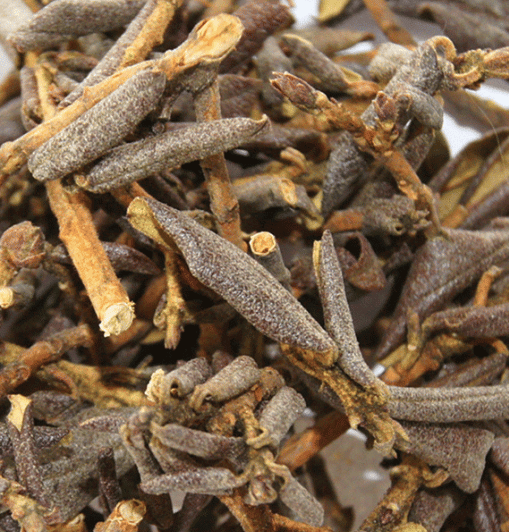
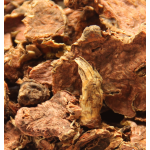
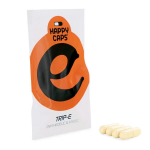
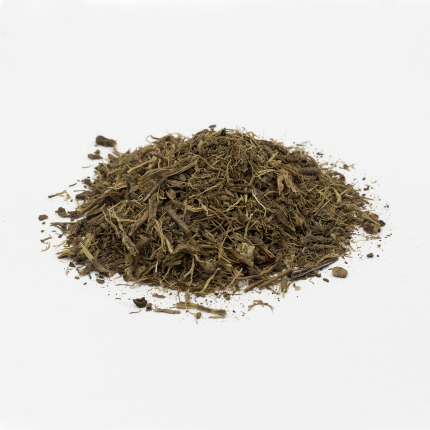
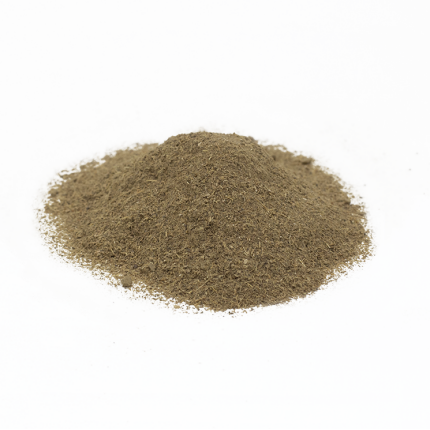
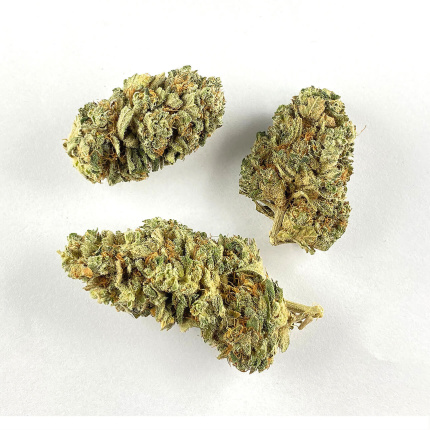
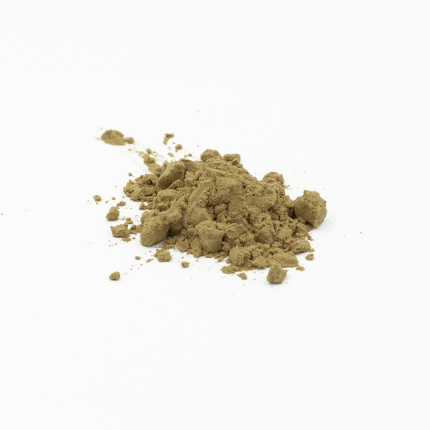
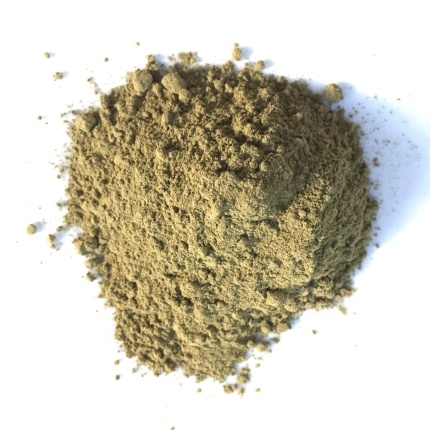
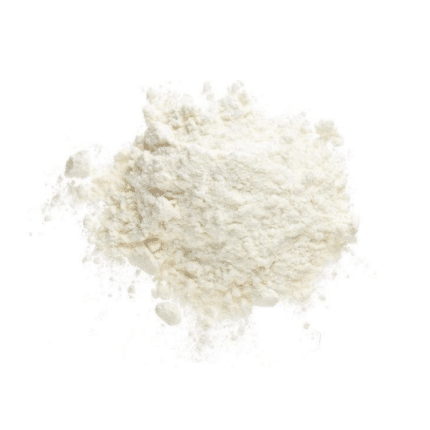
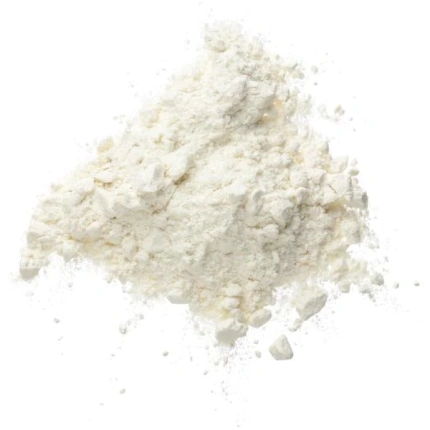

 Ethos Herbals Blends
Ethos Herbals Blends Cannabis
Cannabis SmartShop
SmartShop VapeShop
VapeShop Medicinal Herbs
Medicinal Herbs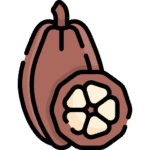 Cacao & Tea
Cacao & Tea Aromatherapy
Aromatherapy Ethos Lifestyle
Ethos Lifestyle
Reviews
There are no reviews yet.